What Are Teeth Whitening Specialists
Teeth whitening specialists are dental professionals who focus on enhancing the appearance of your smile through various whitening treatments. These specialists have a deep understanding of tooth anatomy, the causes of tooth discoloration, and the most effective methods for achieving a brighter, whiter smile. They combine scientific knowledge with artistic skill to provide personalized treatment plans tailored to each patient’s unique needs and aesthetic goals. Choosing a teeth whitening specialist ensures you receive expert care, minimizing risks and maximizing the potential for a beautiful, confident smile. They stay up-to-date on the latest advancements in the field, offering the most modern and effective solutions available.
Education and Qualifications of Teeth Whitening Specialists
Teeth whitening specialists are typically dentists who have undergone extensive education and training. This includes a Doctor of Dental Surgery (DDS) or Doctor of Dental Medicine (DMD) degree, followed by a state license to practice dentistry. Many specialists also pursue additional training or certifications in cosmetic dentistry, which focuses on enhancing the aesthetics of the teeth and smile. This advanced training equips them with the skills to perform complex procedures, utilize advanced technologies, and understand the nuances of different whitening treatments. Their qualifications guarantee a high level of expertise and a commitment to providing the best possible care.
Why Choose a Specialist
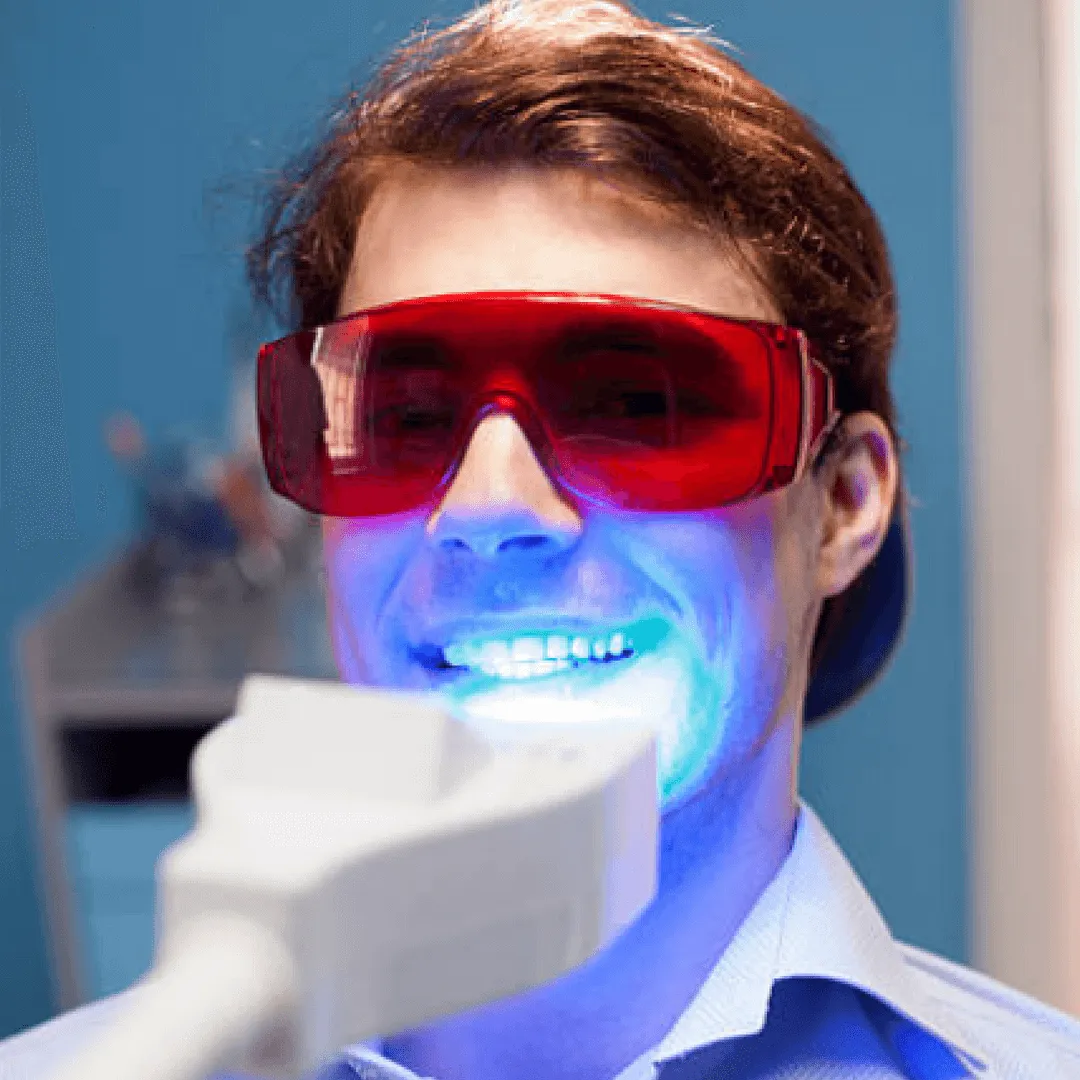
Choosing a teeth whitening specialist offers several advantages. Specialists have extensive knowledge and experience in the field, enabling them to accurately diagnose the causes of tooth discoloration and recommend the most suitable treatment options. They can address various types of stains, from surface-level discoloration to deeper, more resistant stains. Specialists also use professional-grade whitening products and advanced techniques that are not available over the counter, leading to more dramatic and longer-lasting results. Moreover, they prioritize patient safety, minimizing the risks of sensitivity and gum irritation. By choosing a specialist, you invest in a safe, effective, and personalized approach to achieving a brighter smile.
Types of Teeth Whitening Treatments Offered
Teeth whitening specialists offer a range of treatments to suit different needs and preferences. These treatments can be broadly categorized into in-office procedures and take-home kits. The choice of treatment depends on factors such as the severity of staining, the desired level of whitening, and the patient’s budget and lifestyle. Specialists will assess your specific situation to determine the most appropriate and effective approach. They stay updated with the latest advancements in whitening technology, ensuring that they can offer the most effective and comfortable treatments available.
In-Office Whitening Procedures
In-office whitening, also known as chairside bleaching, is a quick and efficient way to achieve dramatic results. The specialist applies a high-concentration whitening gel to the teeth, often using a special light or laser to enhance the process. This procedure typically takes about an hour and can lighten teeth several shades in a single visit. The specialist carefully monitors the procedure to minimize any potential side effects, such as sensitivity. In-office whitening is ideal for those seeking immediate results or who prefer the convenience of a professionally administered treatment. The results are often more dramatic than take-home kits, and can be very effective for certain types of stains.
Take-Home Whitening Kits
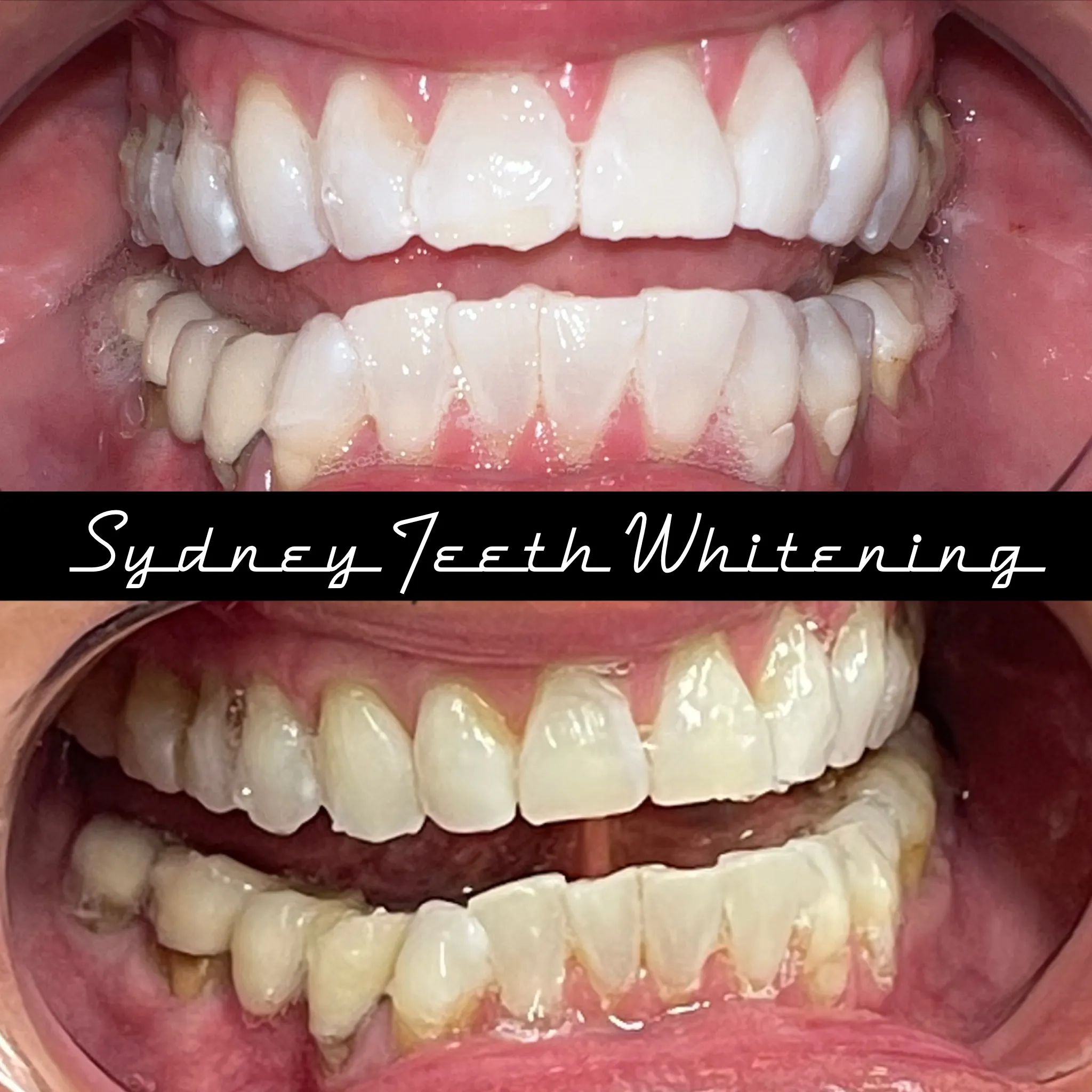
Take-home whitening kits provide a more gradual approach to teeth whitening, allowing patients to whiten their teeth in the comfort of their own homes. The specialist creates custom-fitted trays that perfectly fit the patient’s teeth, ensuring even application of the whitening gel. The patient wears the trays with the gel for a specified amount of time each day or night, as directed by the specialist. Take-home kits offer greater flexibility and are often more affordable than in-office procedures. The specialist provides detailed instructions and ongoing support to ensure the best possible results and to address any concerns the patient may have during the process. Results are usually visible within a few weeks.
Factors Influencing Teeth Whitening Results
Several factors can influence the effectiveness of teeth whitening treatments. Understanding these factors helps manage expectations and ensures the best possible outcomes. The specialist will assess these factors during the consultation to determine the most suitable treatment plan.
Severity of Staining
The severity of tooth staining plays a crucial role in determining the effectiveness of teeth whitening. Surface stains, caused by foods and drinks like coffee, tea, and red wine, are generally easier to remove. Deeper, intrinsic stains, often caused by aging, genetics, or certain medications, may require more intensive treatments and may not respond as readily to whitening. The specialist will evaluate the type and severity of the stains to recommend the most appropriate whitening method.
Type of Stain
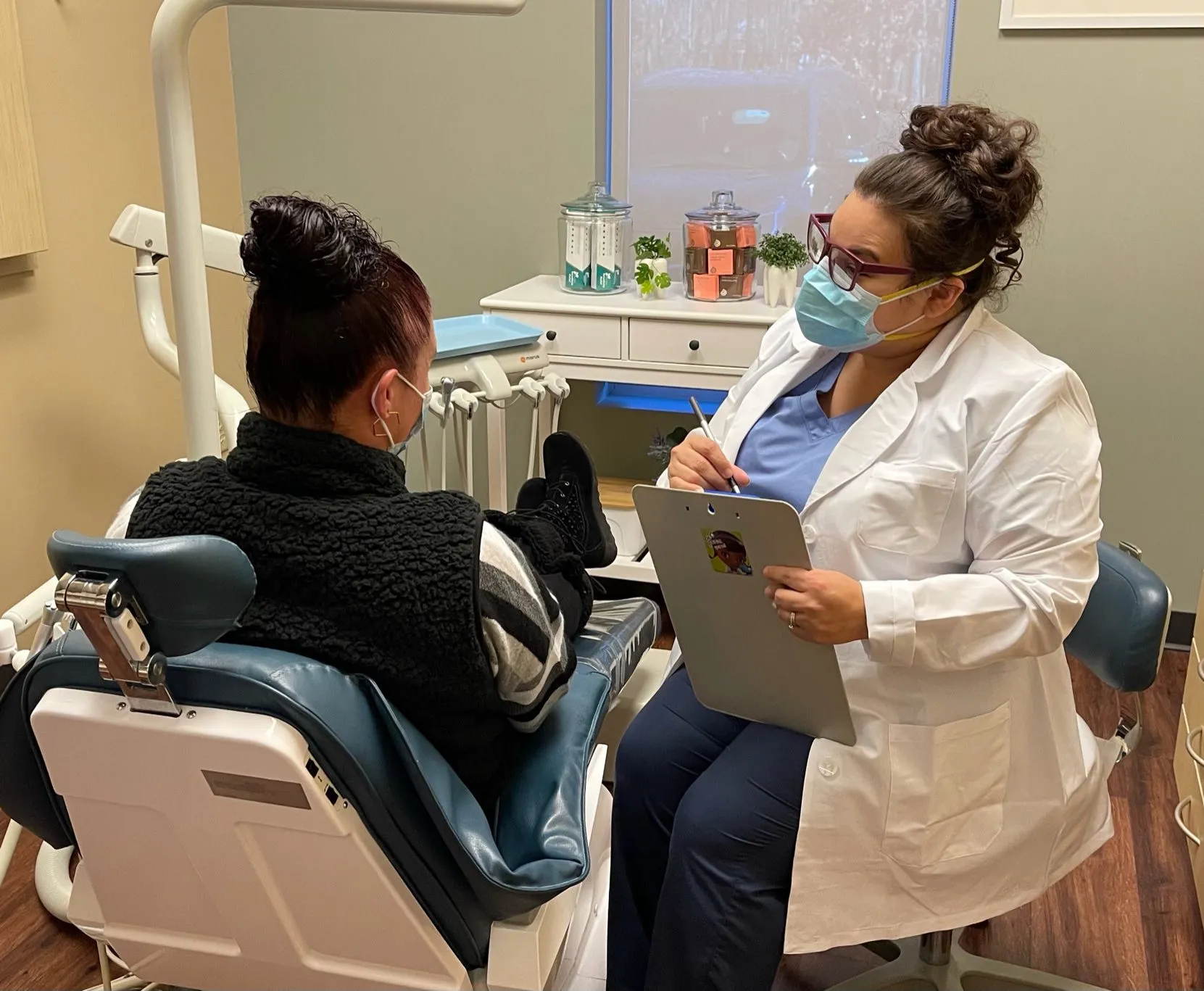
Different types of stains respond differently to teeth whitening treatments. Extrinsic stains, which affect the surface of the enamel, are usually easier to remove. Intrinsic stains, which are embedded within the tooth structure, can be more challenging to treat. Stains caused by tetracycline antibiotics, for example, may require multiple treatments or alternative approaches. The specialist will identify the stain type and tailor the treatment plan accordingly.
Overall Oral Health
The overall health of your teeth and gums impacts the success of teeth whitening. Before proceeding with any whitening treatment, the specialist will assess your oral health to ensure there are no underlying issues, such as cavities or gum disease, that could affect the outcome. Healthy teeth and gums provide the best foundation for successful whitening results. Addressing any existing dental problems is essential before beginning the whitening process. Having healthy teeth and gums makes the process more effective and less prone to complications.
Tips for Maintaining a Bright Smile
Maintaining a bright, white smile requires ongoing care and attention. Following a consistent oral hygiene routine and making informed lifestyle choices can help prolong the effects of teeth whitening and prevent future staining. These habits contribute to the long-term success of your whitening efforts.
Proper Oral Hygiene Routine
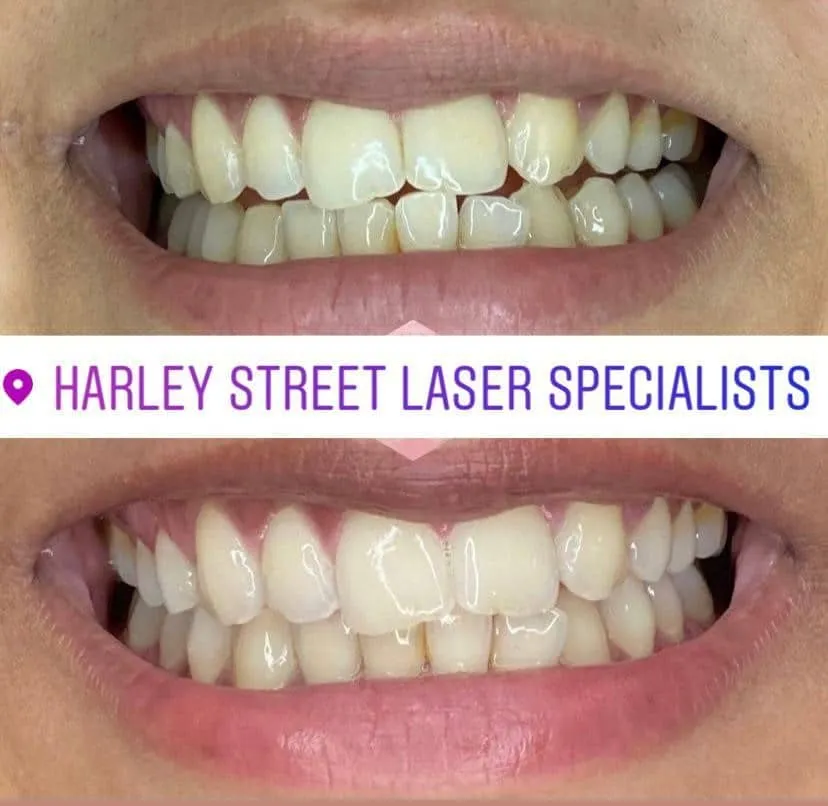
A proper oral hygiene routine is essential for maintaining a bright smile. This includes brushing your teeth at least twice a day with fluoride toothpaste, flossing daily to remove plaque and food particles from between your teeth, and using mouthwash to rinse away bacteria. Regular dental check-ups and professional cleanings are also crucial for removing plaque and tartar buildup that can cause staining and dullness. A good oral hygiene routine keeps your teeth healthy and contributes to the lasting effects of the whitening treatment.
Regular Dental Check-ups
Regular dental check-ups are vital for maintaining oral health and preserving your bright smile. During these visits, your dentist can identify and address any emerging dental issues, such as cavities or gum disease, that could affect your teeth’s appearance. Professional cleanings remove plaque and tartar, which can cause staining and dullness. The dentist can also provide personalized advice on maintaining your oral hygiene and keeping your smile looking its best. Regular check-ups are an essential component of long-term oral health and a beautiful smile.
Avoiding Stain-Causing Foods and Drinks
Certain foods and drinks are known to stain teeth. Limiting or avoiding these items can help prevent future discoloration and extend the life of your whitening results. Common culprits include coffee, tea, red wine, dark-colored sodas, and highly pigmented fruits and vegetables, like berries and beets. If you consume these items, rinsing your mouth with water or brushing your teeth soon after can help minimize staining. Being mindful of what you eat and drink can significantly contribute to maintaining a bright, white smile.
Risks and Side Effects of Teeth Whitening
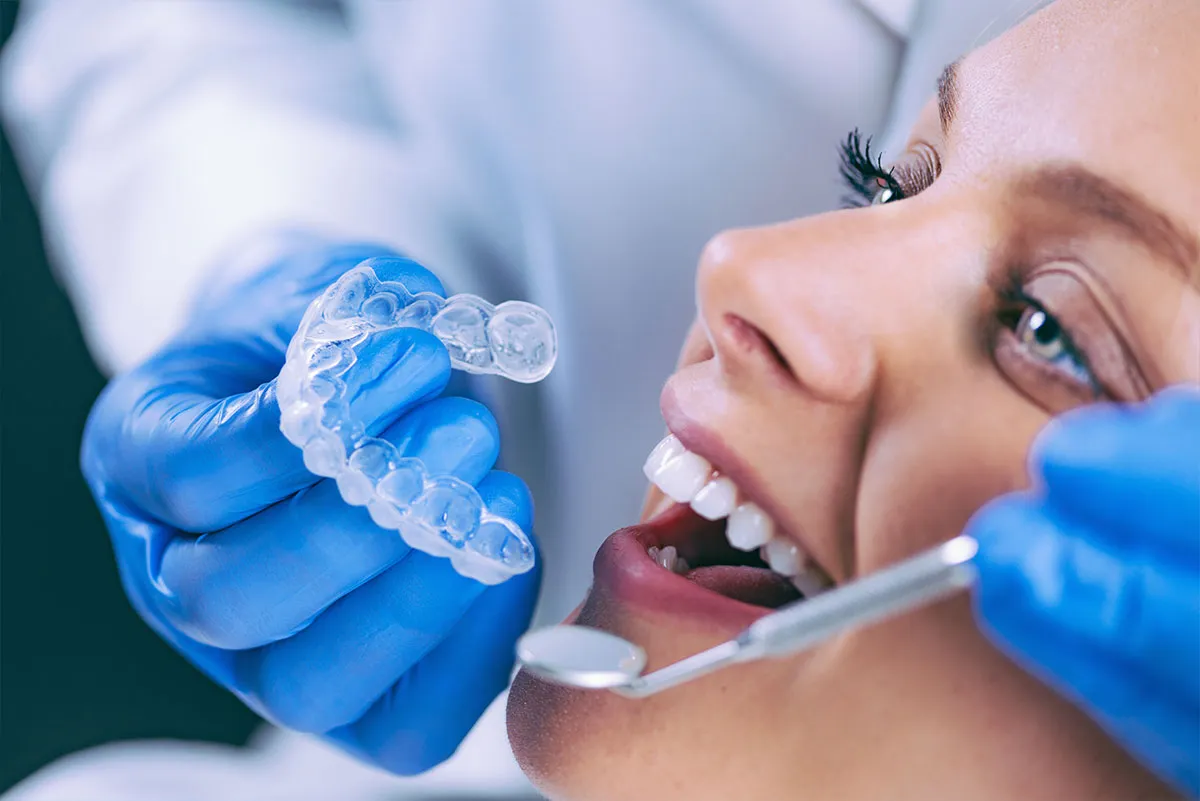
While teeth whitening is generally safe, some risks and side effects are associated with the procedure. It is important to be aware of these potential issues and to discuss any concerns with your teeth whitening specialist before beginning treatment. The specialist will take steps to minimize the risks and ensure your safety and comfort during the process.
Tooth Sensitivity
Tooth sensitivity is a common side effect of teeth whitening, often temporary. The whitening agents can penetrate the enamel and reach the dentin, causing sensitivity to hot or cold temperatures. The specialist can recommend products like fluoride treatments or desensitizing toothpaste to alleviate sensitivity. This sensitivity usually subsides within a few days or weeks after treatment. Following the specialist’s instructions carefully can help minimize discomfort.
Gum Irritation
Gum irritation is another potential side effect of teeth whitening, especially if the whitening gel comes into contact with the gums. The specialist takes precautions to protect the gums during in-office procedures, such as using a protective barrier. With take-home kits, it is essential to ensure the trays fit properly to prevent the gel from leaking onto the gums. Any irritation usually resolves shortly after the treatment is completed. If you experience persistent or severe gum irritation, contact your specialist for guidance.
Cost of Teeth Whitening Treatments
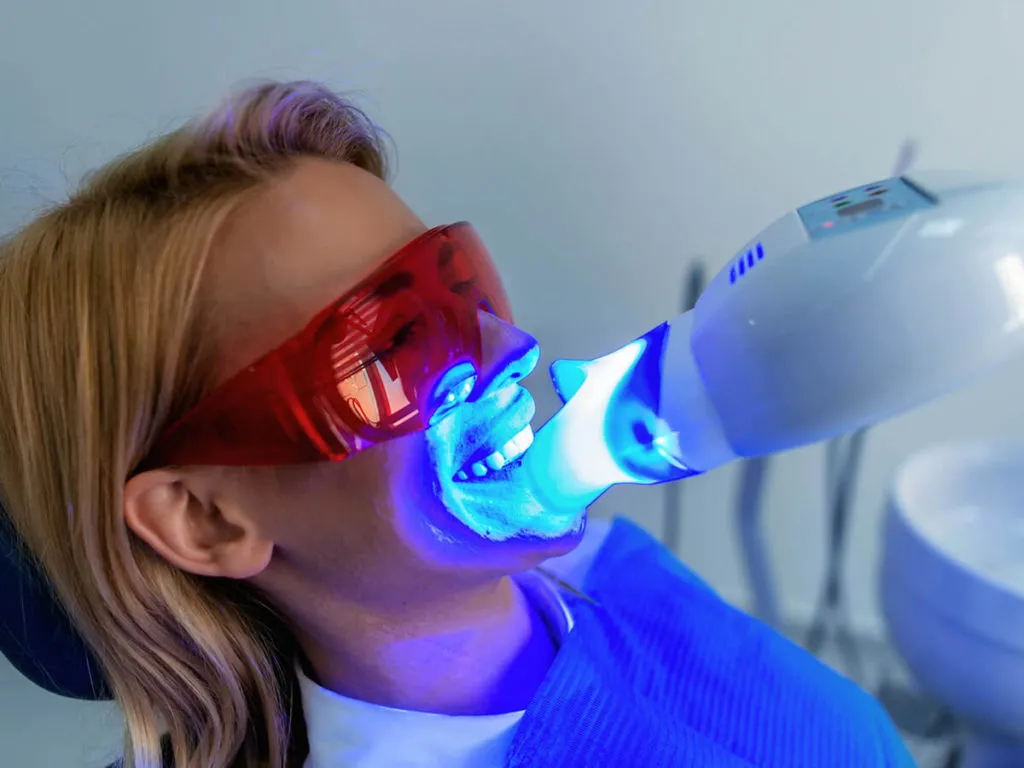
The cost of teeth whitening treatments varies depending on several factors, including the type of treatment, the specialist’s fees, and the geographic location. In-office whitening procedures are generally more expensive than take-home kits due to the specialist’s time, the use of advanced equipment, and the immediate results. The cost of take-home kits can vary depending on the type of kit and the complexity of the custom-fitted trays. It is best to discuss the cost and payment options with the specialist during the consultation. Many specialists offer financing or payment plans to make teeth whitening more accessible.
In conclusion, consulting with a teeth whitening specialist is the best way to achieve a brighter, more confident smile. Their expertise, advanced techniques, and personalized approach ensure safe, effective, and long-lasting results. By understanding the different treatment options, potential side effects, and the importance of aftercare, you can make an informed decision and achieve the smile of your dreams. Remember that the journey to a brighter smile requires professional guidance, a commitment to oral hygiene, and realistic expectations. Take the first step towards a more radiant you by consulting with a teeth whitening specialist today.
